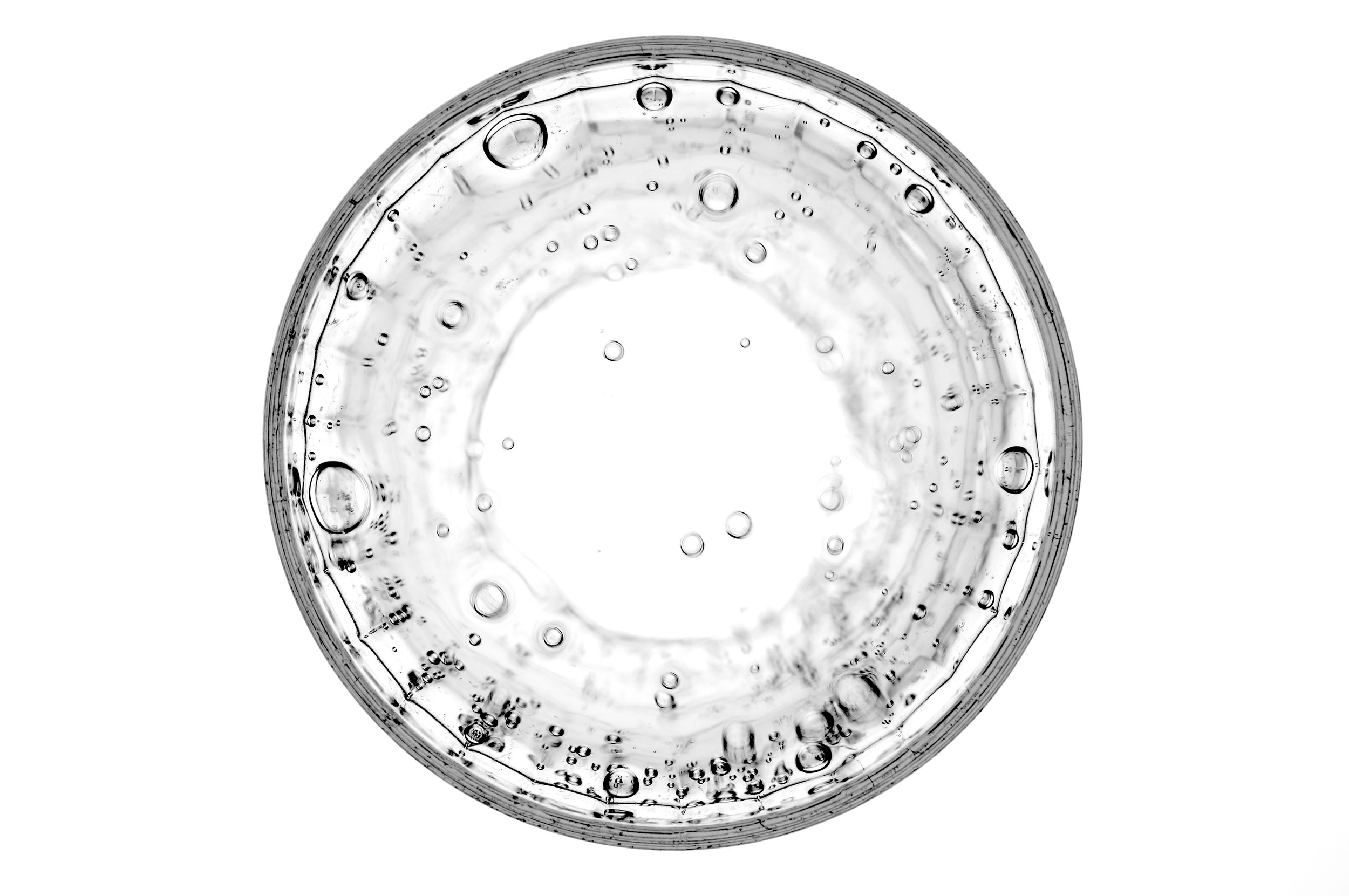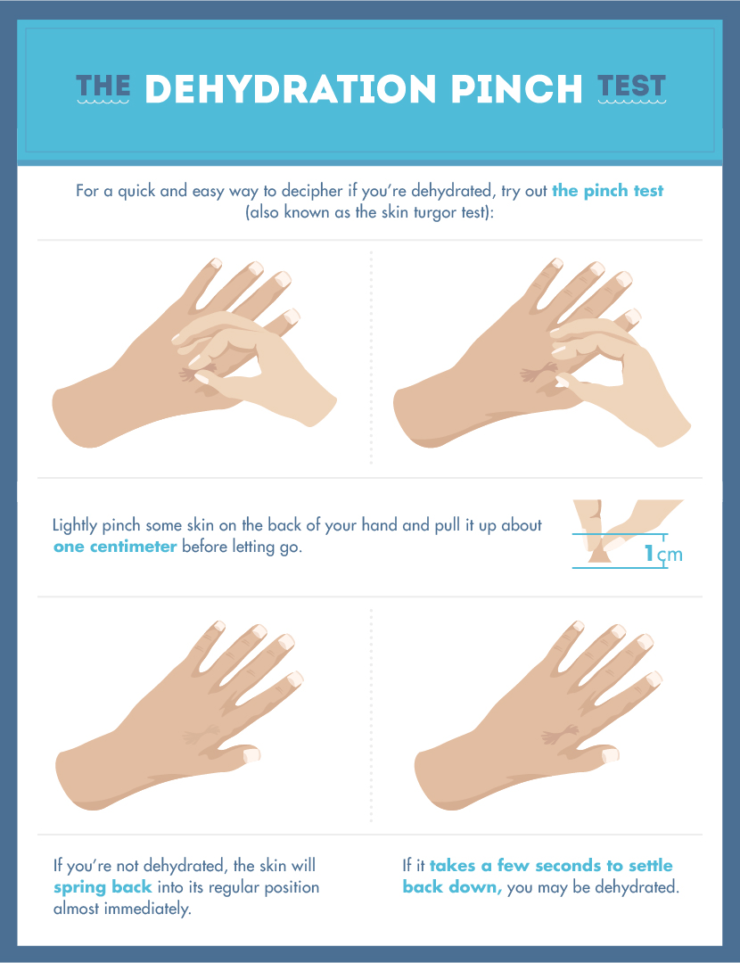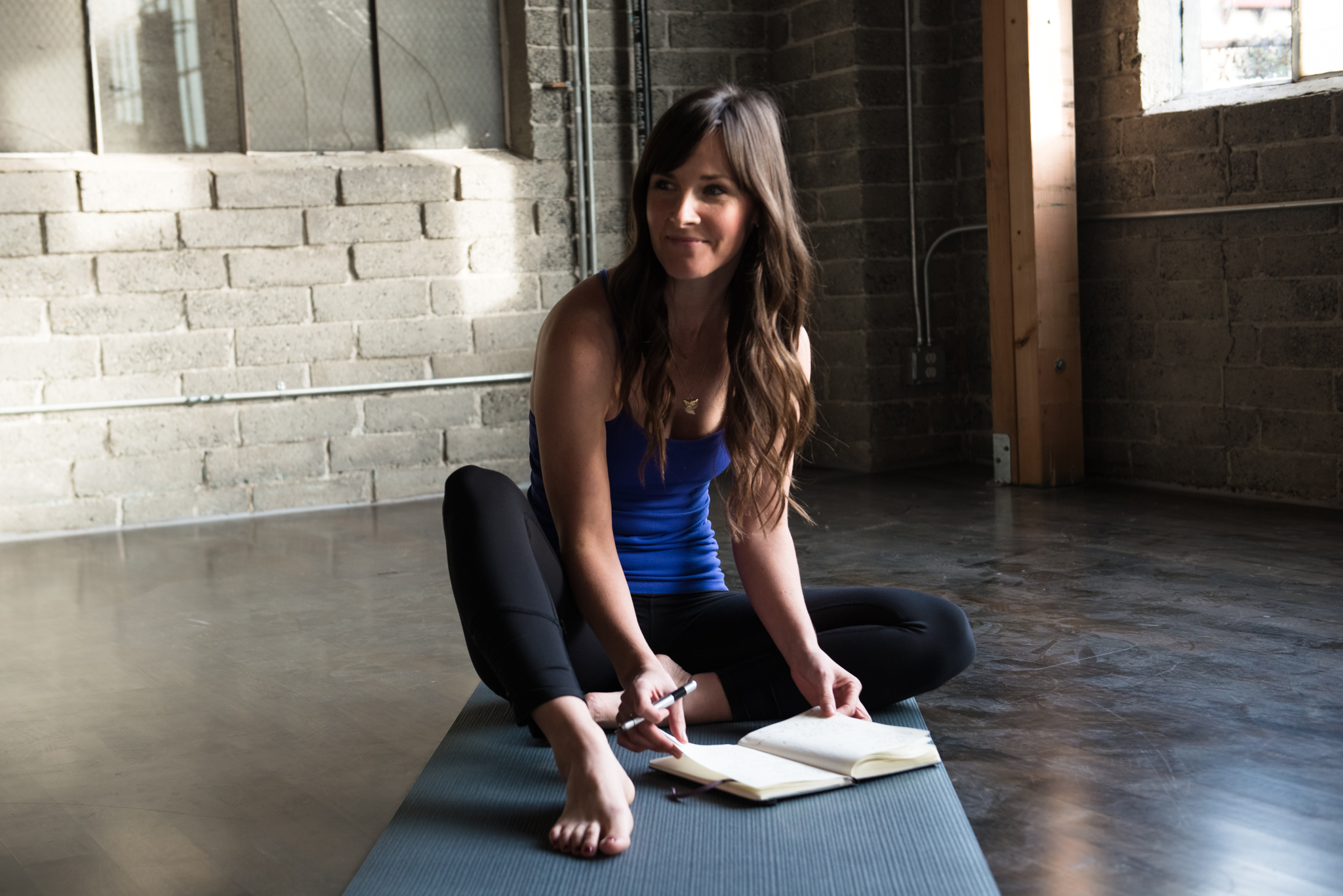The Science: How Alcohol affects our Bodies
I frequently get asked if I drink alcohol and if I make clients cut it out, and if you know me, you know that answer!
It’s not uncommon for alcohol to be on the “avoid” list in the wellness community, and recent studies have shifted from the once held belief that alcohol in moderation can be beneficial to our health. Now, this doesn’t matter all that much if you’re someone who doesn’t care to drink, but for those that do choose to enjoy it, and want to keep it in your diet, it can be a confusing topic when it comes to your health and fitness.
If alcohol is something you’ve decided can be a healthy part of your life, I’ve compiled some clear information on how it affects the body and how to take care of and replenish your body before, during, and after in this 3-part series.
ALCOHOL AND METABOLISM
Okay, here is the simple science behind alcohol and how the body digests it. First, understand that alcohol is not processed like other foods and the body has no place to store it, therefore, it has to be immediately metabolized.
As a general guideline, our bodies are only able to process about 1 drink per hour, which will vary with gender, weight, food intake, supplements, medications, etc. With that in mind, if you’re drinking faster than your liver can metabolize it, the alcohol hits the blood-brain barrier – which is why you start to feel tipsy and uncoordinated, those inhibitions go to the wayside, and your appetite is stimulated. Avoid drinking with an empty belly to help slow down the speed of absorption into the bloodstream.
Because alcohol elimination becomes top priority, your metabolism on the whole transitions to a fat-storing state until it’s eliminated. So, that pizza you think is a really good idea on your way home from drinks…not so great for your fitness goals.
HEALTHY TIPS:
Slow down how quickly alcohol is absorbed by keeping a moderately full belly when drinking and primarily choose fat and protein combinations to help stabilize the blood sugar.
Limit your intake to no more than 2 drinks/day for men and 1 drink/day for women and no more than 8 drinks/week for both men and women.
EFFECTS ON BLOOD SUGAR:
Alcohol consumption interferes with your blood sugar, the hormones that help maintain healthy levels, as well as many other major bodily functions. So while you might be craving carbohydrates and are thinking it will help absorb some of the alcohol, in actuality, you’re craving carbs due to a blood sugar response and the effects of alcohol on hunger and inhibition. The bad news, refueling with carbs will only leave you crashing again a few hours later, or in the middle of the night, thus interrupting your sleep.
HEALTHY TIP:
It's ok to occasionally choose a fresh muddled cocktail or margarita (the real kind obviously), but if you plan to have more than one drink, fully enjoy, sip, and savor that delicious cocktail but then switch over to a low sugar beverage.
EFFECTS ON SLEEP:
Have you ever noticed that you toss and turn a bit more on nights you’ve had a few drinks, or that you crash when your head hits the pillow but then lay wide awake at 3am? Alcohol elevates certain hormones that make you more alert, preventing deep REM sleep, and causes a nighttime dip in blood sugar (hypoglycemia) that can lead to restless sleeping.
So if you have plans for a workout the next morning, be aware that the lack of sleep, added fatigue, and impaired muscle recovery will in turn affect your performance.
If you’re someone who already has trouble sleeping or has issues with hormones related to blood sugar (insulin) and stress (cortisol), alcohol will only make matters worse.
HEALTHY TIP:
If you're feeling hungry before bed or know you experience nighttime hypogycemia, eat a small snack of healthy fats to help you stay more stabilized throughout the night.
HORMONAL EFFECTS:
The effects listed below are more likely related to alcohol intake above what is considered 'moderate consumption', but more than 1-2 drinks a day and you could start to experience problems and wreak havoc on your hormonal and long term health.
LADY HORMONES…
Ladies – what doesn’t affect our hormones?! Seriously. Alcohol affects our hormonal cycles by increasing cortisol (stress hormone) and estrogen, and decreasing progesterone. If you’re someone who already wildly fluctuates with your hormones and your mood, you may want to consider how much you consume and begin tracking how your body reacts at each phase.
Additionally, studies clearly show that alcohol creates a moderate increased risk of developing breast cancer. If you know you carry the gene for breast cancer, you may want to consider how drinking affects your long-term health and wellness.
ACTION: Use a tracking app such as Clue to track drinks, mood, and physical response and if you carry the breast cancer gene, speak to your doctor and consider cutting back or eliminating from your diet.
MANMONES…
Gents – (and the ladies too, actually!) – while your body is metabolizing alcohol, the liver is unable to produce testosterone. Testosterone is an important hormone for both men and women in regards to building muscular strength and making changes to your body composition, therefore, decreased levels may make it more challenging to reach your goals. If you have a specific goal you're working toward, it may be more beneficial in the short term to cut back or eliminate during this time.
Additionally, low levels of testosterone can lead to symptoms such as fatigue, irritability, decreased motivation, decreased sex drive, and fertility issues.
ACTION: Consider cutting back and moderating your intake if you experience the negative symptoms above or are having difficulty conceiving.
further READing/tips:
PART 2: ALCOHOL, NUTRITION, AND BODY COMPOSITION
PART 3: HEALTHY TIPS FOR BEFORE, DURING, AND AFTER
The Take Home Message:
You can still enjoy moderate alcohol consumption and the social aspects of drinking and stay on track with your health and fitness goals. Determine how important your goals are, consider your personal bio-individuality and genetics, pay close attention to your motivations behind drinking, and follow my healthy tips for before, during, and after.
And make sure that whatever you choose to drink, that it’s totally worth it! Because life is too short for it not to be enjoyed and a good cab tastes extra delicious with a healthy meal.
IMPORTANT: Make sure your consumption is enjoyable rather than a form of therapy, numbing, social anxiety, or peer pressure. Our relationship to alcohol, knowing our personal limits and how to maintain a healthy balance is extremely important.
Let’s Chat!
Do you have a question regarding social drinking and your fitness goals? Do you have any words of advice for others trying to navigate creating a healthy lifestyle? Ask or share below or start the conversation on social using #runningwithforks.




















